
I’ve got a real treat for you this week! Every day this week I will be sharing tips for Raising a Healthy Kid from A to Z! Raising a Healthy kid goes WAY beyond just eating well & exercising (although that is part of it) - it is about helping them grow and flourish as a whole person. I picked this topic because we are just starting a new year and many are making resolutions. I think it would be a great time for all of us parents to really reflect and set goals for how we can help raise truly healthy kids!
So get ready to be challenged and inspired with 26 facets of Raising a Healthy Kid from A to Z!

A – is for Alphabet! Does your kiddo know his or her alphabet? The alphabet is the building block for their entire lives! If you don’t know your alphabet you can’t read, write, get a job, or communicate in our modern world! Help your kids not only learn it, but have fun learning so that you set them up for a lifetime of enjoying learning!
So what can you do to help your kids learn their alphabet?
- Sing the ABC song (click on the image below to see the You Tube videos – put mouse over image to see description of video)
- Watch the ABCs – If you are watching a video, pick a fun educational video like one of these:
- Point out Letters around your children. When you are out & about play games like who can find a B first. Or how many times can you find a D in 15 minutes. This is great practice and makes identifying letters fun!
- Play with letters – There are tons of alphabet toys out there! Here are a few of our favorites! Remember that your child will get the most benefit if you play with her and say the letter out loud to her!
- Speak clearly and annunciate so your children learn how to use the alphabet clearly in speech.
- Read lots of books (see B in ABCS of Raising a Healthy Kid)
- Alphabet Flashcards – Here is a free set of flashcards you can use on your walls or in games. (Click on either thumbnail below to see more)
- Letter of the Week – Spend a week to explore each different letter. Do crafts that resemble that letter or of things that start with that letter. Make snacks shaped like that letter. And don’t forget to incorporate some great alphabet literature. (Click on thumbnail before to see Alphabet Crafts & Activities)
- Here is a GREAT resources for lots of FUN ways to learn your letters by Learn with Play at Home
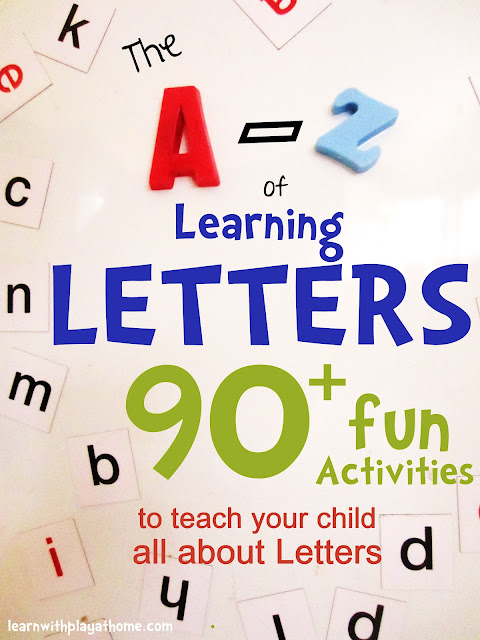
- Learning your Alphabet the Montessori Way by Living Montessori Now
- Using Pocket Charts with This Reading Mama

B is for books. Read to your kiddos each and every day. Help foster a love of learning and expose them to a wide variety of vocabulary and experiences! Even if don’t have time time, finances, or energy to travel you can expose your children to so many wonderful things through books. They can become more globally aware by reading stories of kids in other countries, learn about other climates, ‘meet’ new animals, and open up a world of imaginative play!
Grow a home library so books are accessible to your kids. You can get books by shopping at garage sale where you can typically get books for $0.25-$2 each, free off of Craig’s list, or giving children special books of interest for their birthdays or Christmas. And don’t forget you can always supplement your home library with your city library to get more variety!
At our house we always read before bedtime, but there are other times we like to cuddle up with a good book too! We each get to pick a book – the kids love getting to pick their favorites and I love sneaking in my favorite selections too! When your children are reading pictures books try to aim for 5 a day.
I have an ongoing series where I share books our family has discovered and particularly enjoys. (click on image to read more)
 Check out these Great Reading Tips: (click on image to read more)
Check out these Great Reading Tips: (click on image to read more)And don’t forget about Books on CD or Books on your Ipad! (click on image to read more)
And here is our families Top 10 Books!
Honey for a Child’s Heart by Gladys Hunt is a great tool for picking some great books.
Is your child ready to read? Your child can begin reading sight words with confidence as young as 3 or 4. Check out this great (and affordable) sight word reading programs that include games, activities, color by sight words, and even beginner readers! (For Kindergartners make sure to check out Reading the Easy Way 2)
More Ideas for Practicing Sight Words: (click on image to read more)

C is for crafts. Help your kids refine their fine motor skills so they are ready to write, explore their creative side, and feel proud of their finished product with a variety of crafts!
There are some families that are super crafty and do one or more crafts a day…..believe it or not that is not usually me! And my kids LOVE crafts! we try to do 1-2 a week, usually around a holiday or theme, but not always. Even if you are not crafty AT ALL you can still help your kids benefit from crafts. Here are some ideas & resources:
NOT CRAFTY AT ALL!!
I’ve got you covered! You can get crafts delivered to your door! Kiwi Crate will deliver a box monthly with all the supplies you’ll need along with step-by-step directions. It’s pretty sweet and perfect for kids 3-7 years old. Oriental Trading Company has lots of put together crafts that are super affordable. The only down side is they usually come in packs of 10…. but if you have multiple kids or are hosting a play date that works out great. You will need to supplement glue or makers to most crafts.
CRAFTY, BUT NEED INSPIRATION
Whether you are low on time or have just used up your brain power, sometimes it is nice to get inspired by others! And there are a lot of wonderful ideas out there! One of the best places to get inspired these days is Pinterest! My favorite board for kids crafts is the Kid Blogger Network. It is a collaborative board with some amazing kid bloggers!

And if you have a specific topic in mind you can always search google for some great ideas. I like to click on the images tab of the search as I am a very visual person!
CRAFT SUPPLIES & ORGANIZATION
Although the list of potential art & craft supplies is endless – here are a few that you’ll need to do just about anything:
- Construction Paper

- Crayons, Markers, Colored Pencils
- Glue (both stick & white Elmer style glue)
- Paint (Crayola washable paint is great for young kiddos or acrylic paint for older kids) & brushes
- Google Eyes
- Pom Poms
- Pipe Cleaners
- Scissors (child safe)
- Tape
- Paper Towels
- Paint Smocks
- felt
- foam sheets
- Glitter (it’s a love/hate relationship =-)
- Magazines to cut-up
- tissue paper
Things I find helpful to have on hand:
- Hot Glue Gun ($15 – for adult use only in finishing projects)
- Modge Podge
- Empty Toilet Paper / Paper Towel Rolls
- Empty milk jugs
- misc. Pasta
- Food Coloring
More Helpful Links:
- The Basics of Crafting with Kids by Learning with Play at Home
- Why Craft? by Kindergarten & Preschool for Parents & Teachers
- Kids Get Crafty – Why, How, Ideas by Red Ted’s Art Blog

D is for Doctor. Doctors are important! Not only for when kids get sick (and inevitably they will) but to visit for preventative care at check-ups. Chances are your kiddo is healthy, but it is easier to treat most things if you find them sooner than later.
How Often Should You See a Doctor
Some doctors may vary slightly, but your kiddo will mos
 t likely want to see a doctor for a check-up:
t likely want to see a doctor for a check-up:- In the hospital before being discharged
- Several Days after birth (usually 2-4)
- 1-2 weeks after birth
- 1 month
- 2 month
- 4 month
- 6 month
- 9 month
- 12 month
- 15 month
- 18 month
- 24 month
- Annually
You should also see a doctor if you have any health concerns. If you are unsure if a doctor visit is necessary call your doctor’s office and ask to speak to the triage nurse. They will ask you questions to help you determine if a visit is necessary: temperature & symptoms (i.e. runny nose & color, cough & duration, sleeping well, trouble breathing, pain, swelling, lethargic behavior, nose bleed, bump to head, etc.) Remember if you have an emergency (bleeding won’t stop, broken bone, severe pain, etc.) go to the emergency room.
Remember to bring notes with you to the doctor’s office. Chances are you will forget questions you have if you don’t write them down. Make the most of your visit!
Note: Many doctor’s offices allow you to download forms to fill out before you arrive at the office. Try to do that and you will not only save the stress at the doctor’s office, but you will also be able to fill them out when you are not rushed and may think of important things you want to ask the doctor.
Immunizations
Find the current immunization schedule (it really does change) at the American Academy of Pediatrics here.
Please remember that although something is recommended it does not mean you don’t have a choice. It is always good to educate yourself about what the vaccines do and the possible side effects or concerns before going to the doctor’s offices. There are alternative vaccine schedules so that you don’t have to give as many vaccines at once if you like. There are also choices that your pediatricians office can order – for example IPOL is a Polio shot that does not use an aborted fetal cell line instead of what most offices keep in stock.
Immunizations are painful for kids. Your kids may run a fever, have swelling, sleep much of the day, or have a severe allergic reaction. Make sure to ask for what signs are normal with that vaccine and watch your children. Many doctor’s offices recommend giving children’s Tylenol to alleviate the discomfort – make sure to ask you doctor for dosing instructions.
Note: I don’t want to start a debate on here, but for those of us who have concerns with using vaccines made from Aborted Fetal Lines - Children of God for Life has some great charts & resources that are very helpful!
You & Your Doctor
There may be some people who do not have a choice of who there doctor is because of where you live or insurance/financial restraints. But for the rest of you make sure your doctor is a good fit for you. It is not necessarily a one-size fits all. Before picking a doctor ask neighbors, church friends, and research the doctors name online for reviews. Make sure the doctor is close enough, has convenient hours, enough parking, and is kind/prompt with your calls.
Try to pick a doctor that is of similar mindset – if you are laid back you probably won’t enjoy a more rigid doctor. If you are punctual a doctor who always chats with his patients and notoriously runs late would probably drive you nuts. Are you wanting to try natural remedies first, make sure you doctor is willing to work with you. When looking for a doctor for the kids this is what I looked for:
- Mostly Prompt (my kids don’t like being in a waiting room a long time; plus they get exposed to all those germs)
- Upbeat & friendly
- Listens & Respects Parent (doesn’t disregard what I am saying as oh you are just one of those Parents) – When Goofy was born he cried for almost the first day he was home. I knew there was something not right and first thing the next morning I called the office. The nurse asked what number child and I said one. She said oh, honey. Babies cry. I said, I know that but this is something else I want to be seen. She kept dismissing me to the point where I finally had to get really insistent that I was coming in and make room in the schedule. Luckily the doctor listened and rain tests – turned out Goofy didn’t have a suck reflex (bottle or anything! We used a dropper for a while. He was born at 9lb 13.5 oz., but had dropped to 8lb 4 oz.! WOW! Good thing the doctor listened enough to keep trying to figure out what was wrong! - Which brings me to another point BE YOUR CHILDS ADVOCATE! If you know something isn’t right or thing something’s off with medicine or instructions don’t just take it at face value! When I worked at a group home a resident almost got a life threatening pill that was given to us as “the right” pill, but I noticed it was different that described by the doctor!
- Available – Can you get in when your child is sick? Can you schedule 2 kids well visits at the same time?
- Treats the Kids as People – This may sound obvious, but I have been to my fair share of doctors who poke & prod the kids without talking TO THEM! The doctor should take the time to interact with your kids and explain what they are doing. They should ask the kids if they have any questions.
Over the Counter Medicine
We are not big on many meds for a variety of reasons, but if you do use over the counter meds please do so sparingly. The more pain medicine your kids are use to the less effect it will have on them when they really need it. Make sure to read packaging & dosing information really carefully. When in doubt talk to the pharmacist, that’s what they are there for!
Tips to have a Smooth Visit
Here are some tips for a smooth visit.
- Prepare – For most kids it is a good idea to let them know they will be going to the doctor. It gives them a chance to ask questions and have any fears alleviated. You can explain what they might do and even let your kids give you or a bear a check-up with your toy doctor kit. (The Fairy & the Frog did just this in preparation here.)

- Arrive 10 minutes early – This allows you to check in and let your children use the bathroom if they need to. When the Parent is rushed, everyone can feel the tension! This also allows your kids to get use to the environment and ask you questions if they are nervous.
- Bring something to Do – I find it helpful to bring one or two carefully thought through items in case there is a wait at the doctor's office. Don’t bring too much! You don’t want to be cleaning, loosing pieces, or worrying about lots of germs! Some good ideas might be a doctor kit & small animal that fits in kit, sticker book, coloring book with a couple crayons, or a board book. Remember that if the office has toys they are getting used by lots of kids = lots of germs!
- Be Prepared – Bring your list of questions for the doctor, forms filled out, diapers/wipes/change of clothes, pacifier/bottle, insurance card, and something for the kids to do.
- Rewards – You may want to have an incentive for exceptional behavior. This could be going out for an ice cream cone at McDonalds, a sticker, lollipop, or just some one-on-one time with Mom or Dad to read a book or play a board game.
Other Resources:
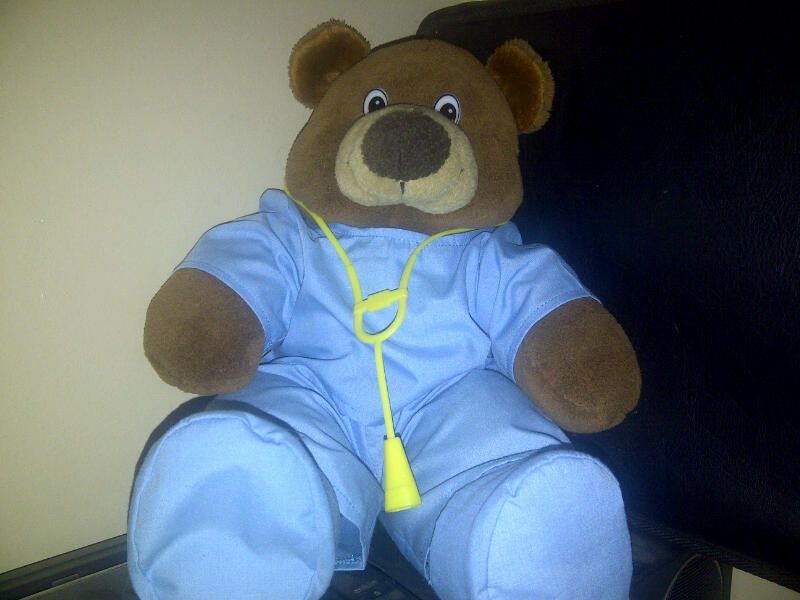
 E is for example. I think it is human nature to be good at seeing the faults in others, while missing our own. And this can be especially true when it comes t our kids! But OUR example is one of the main contributors in our child’s actions & behaviors! So just for a second, can I ask you to do something really uncomfortable? Write down a couple of behaviors/actions/attitudes that your child has
E is for example. I think it is human nature to be good at seeing the faults in others, while missing our own. And this can be especially true when it comes t our kids! But OUR example is one of the main contributors in our child’s actions & behaviors! So just for a second, can I ask you to do something really uncomfortable? Write down a couple of behaviors/actions/attitudes that your child has  that you’d like to change. Now thing real hard……did they see that in you?
that you’d like to change. Now thing real hard……did they see that in you? Here are some examples of kids actions and their parental example……
- Attitude about going to school / my attitude about going to work
- Attitude about doing chores / my attitude doing dishes
- Attitude about helping siblings / my attitude when serving my family
- Leaving the room mad / you leaving the room when you are upset at kids or spouse
- Yelling / you raise your voice
- Not doing homework / procrastinating around the house (dishes/fixing things)
- Not putting things away / not keeping a clean house/desk/laundry put away
- Overall bad behavior / no focused attention/time from parent
- Poor Eater / Parents picky or poor eater
- Frustrated / Rules inconsistent or unclear
Now I want to be clear – not everything is your fault. There are a lot of other influences on your kids (playmates, TV, peers at school, etc.) and sometimes kids are just kids – without boundaries or understanding. But most of the time I bet you can pinpoint the source.
Just remember, your example both in attitude, actions, what you eat, and how you spend your time are modeling to your child how they should behave. Ask your kids what they think you do all day – do they say you sit at your computer all day? Write down what you do – our time reflects our priorities!
Stay tuned tomorrow as we continue our 5 day series – The ABCs of Raising a Healthy Kid.
For more Mama Tips & Tricks check these out below:
- Being a Hands on Mom from hands on : as we grow
- Connecting with your Kids from One Perfect Day

- Family Field Trips with Kids from Edventures with Kids
- Fun Healthy Snacks for Kids from Juggling with Kids
- Kids Party Ideas from Mama Pea Pod
- Mama Survival from The Dizzy Mom
- Organized Home from Mamas Like Me
- Printables from Mama Miss
- Raising Boys from Boy Mama Teacher Mama
- Raising Eco-Friendly Kids from Kitchen Counter Chronicles
- Raising Girls from Mess for Less
- Raising a Healthy Kid from Living Life Intentionally
- Raising a Thinking Child from The Outlaw Mom
- Raising Toddlers from Home Learning Journey
- Raising a World Citizen from All Done Monkey
- Simply Celebrating Holidays as a Family from Inspired by Family Magazine
- Teaching Kids about Money from Carrots are Orange
- The Family Dinner Table from Connecting Family & Seoul
- Trying A New Experience with Your Children from 52 Brand New
- Values for Children from True Aim Education
Click on the button to see all the categories in this 5-day series from Kid Blogger Network



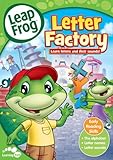

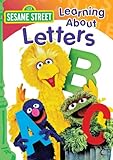








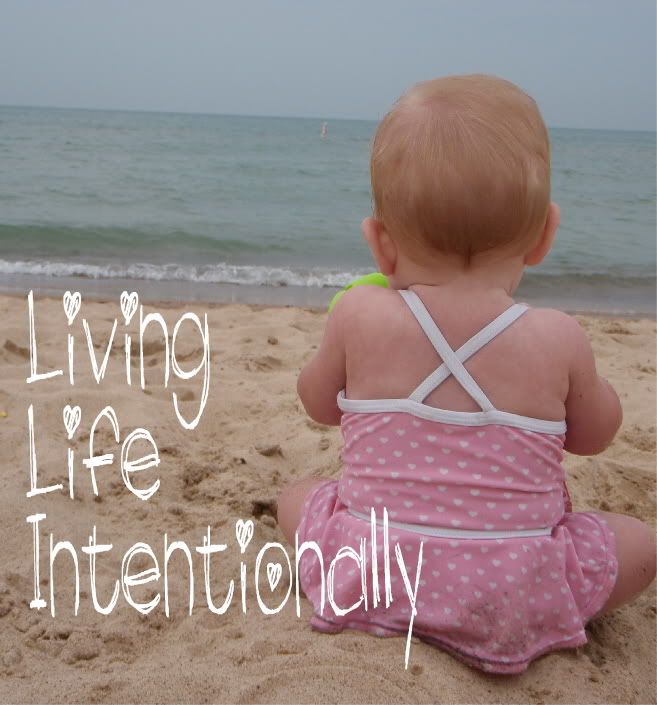

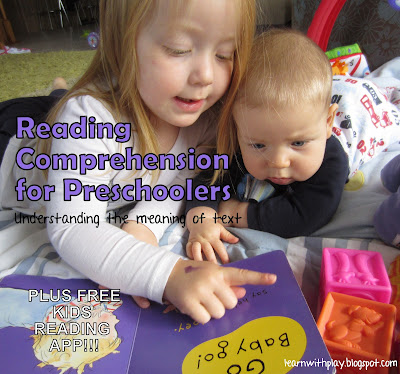


![image_thumb[60]_thumb image_thumb[60]_thumb](https://blogger.googleusercontent.com/img/b/R29vZ2xl/AVvXsEi0YaglKvyA8wj5exSltFzkh7sMB2pIYjcPXd6GT8b2Wu_fRlkhbki4guh0oRFgmmgAJLcFjE7NVpIsxAroh3KXfmRv12d7WcfdJqISwPGg7vLWPCniZijhFTU0P-2QgS0dO-lBULtFN-w/?imgmax=800)










0 comments:
Post a Comment